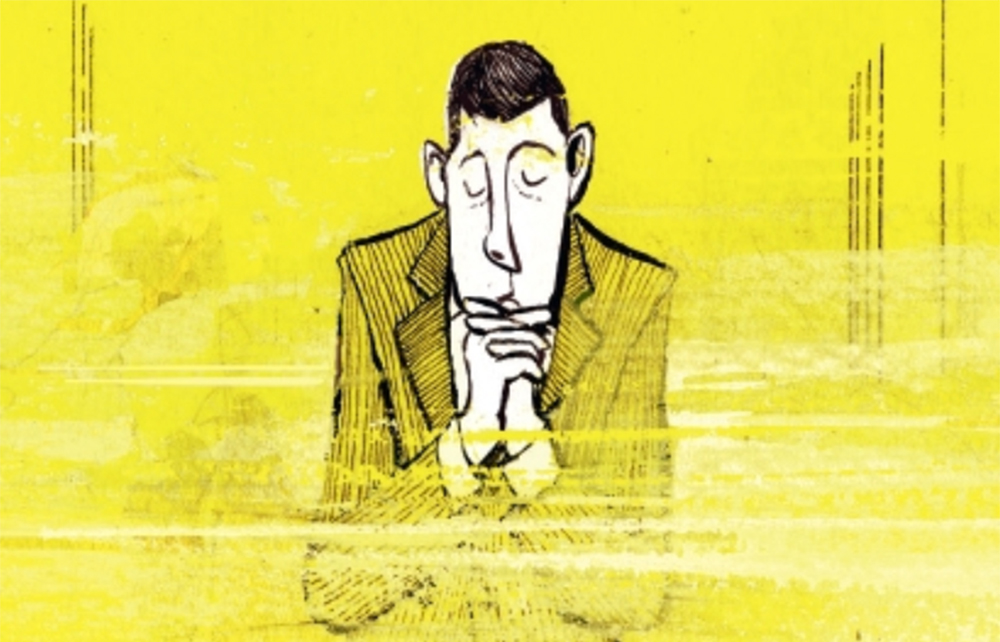When asked about their religion in a census, many British people have the same response: that it’s none of the government’s business. For a while, as a joke, tens of thousands stated their faith as ‘Jedi’, a fictional order of knights from Star Wars. Nevertheless, this year’s figure marks an important trend: just 46 per cent identified as Christian, down from 72 per cent two decades ago. Muslims are growing in number, but slowly: from 5 per cent of the population ten years ago to 6.5 per cent now. By the next census, those who profess any religion may be outnumbered by those who do not.
We remain a country steeped in Christian values and culture
The decline of organised Christianity will not surprise those who attend churches, which have been closing at the rate of about four a week. Too many church leaders seem to think their job is managing decline. During lockdown, churches across the country were closed even for private prayer. Church leaders didn’t just support this: some demanded it. If bishops don’t seem to think that worshipping in the pews is an essential part of British life, it’s hardly surprising that the laity feel the same way.
It’s common for Christians to regard the decline of worship – especially among the young – as a sign of a country going to the dogs. But this conclusion is hard to reconcile with the behavioural trends of young people who are, according to pretty much every survey, more studious, conscientious and abstemious than their parents’ generation. Teenage pregnancy is at its lowest rate since records began in 1969 and, in the past decade, the numbers of crimes committed by teenagers have fallen by more than half. An increasingly godless Britain has somehow managed to produce a generation of young people who are better-behaved than their parents.







Comments
Join the debate for just £1 a month
Be part of the conversation with other Spectator readers by getting your first three months for £3.
UNLOCK ACCESS Just £1 a monthAlready a subscriber? Log in